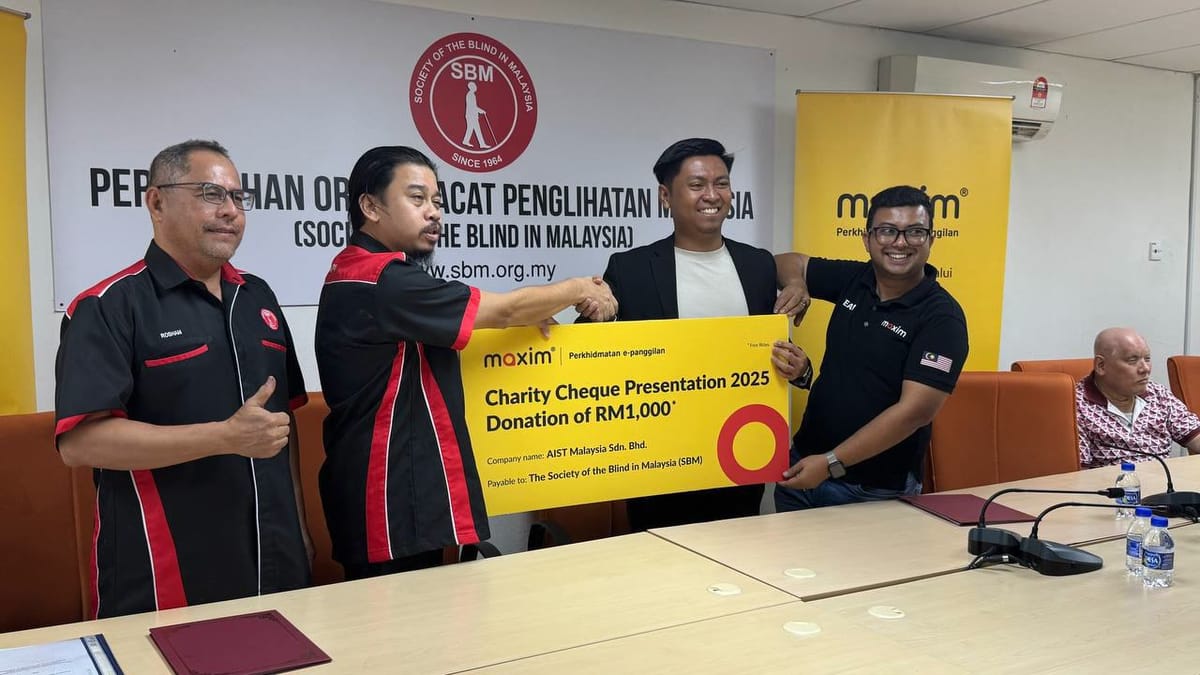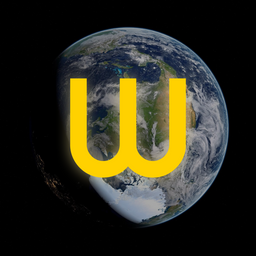World Bank Backs Malaysia’s BUDI95 Subsidy Reform but Urges Caution Amid Growing Debt
Malaysia’s BUDI95 fuel subsidy reform targets Malaysian citizens with a monthly quota of 300 liters at a subsidized price of RM1.99 per liter, expected to save RM2.5 billion to RM4 billion annually. It excludes non-citizens and companies, ensuring subsidies reach intended recipients effectively.

Putrajaya — Malaysia’s ambitious fuel subsidy reform known as BUDI95 has drawn explicit backing from the World Bank, which views the targeted subsidy initiative as a critical step toward fiscal consolidation and social equity. However, the international lender also urged the Malaysian government to proceed with careful implementation to navigate operational challenges and uncertainties.
The BUDI95 system, set to launch on September 30, 2025, replaces the longstanding blanket subsidy on RON95 petrol with a quota-based subsidy mechanism, limiting subsidized fuel purchases to 300 liters per month for Malaysian citizens. This refinement aims to curb subsidy abuses and generate significant annual savings, projected at between RM2.5 billion and RM4 billion by Malaysia’s Ministry of Finance.
The MADANI government has allocated around RM11 billion to BUDI95 subsidies for fiscal year 2025, reflecting a deliberate trade-off between providing relief to motorists and managing the national budget responsibly. The savings from this targeted approach will be reinvested into social welfare programs, including cash assistance initiatives such as the Rahmah Cash Contribution (STR) and Rahmah Basic Contribution (SARA) to directly benefit low- and middle-income households.
The World Bank’s position, disclosed in recent statements, recognizes the fiscal prudence of BUDI95, especially within the context of Malaysia’s broader economic reforms. “The World Bank supports Malaysia’s subsidy reform as a fiscally appropriate measure that balances spending efficiency with targeted social protection,” the institution said. However, it highlighted the importance of robust systems to verify eligibility, prevent leakage, and maintain public confidence.
“In implementing BUDI95, careful management is required to address operational risks and uncertainties,” the World Bank cautioned. These include safeguarding against fraud, ensuring technology readiness, and effectively communicating policy changes to mitigate public backlash—a common hurdle in subsidy reforms globally.
BUDI95 Subsidy Reform
The concerns align with Malaysia’s broader fiscal backdrop since the appointment of Prime Minister Anwar Ibrahim in late 2022. Under his leadership, Malaysia has sought financial support from the World Bank to fund multiple development and reform projects. As of mid-2025, the country holds over US$4 billion in active loans from the World Bank’s International Bank for Reconstruction and Development (IBRD). These loans span sectors including social security, education, infrastructure, and vital economic reforms like subsidy rationalization.
While none of these loans are explicitly earmarked to fund BUDI95’s cash payouts, their role is crucial in enabling the government to maintain fiscal discipline and invest in long-term growth. The structure of these IBRD loans carries market-based interest rates, with fees aligned to international standards, allowing Malaysia to access affordable capital without unduly straining its public finances.
Nevertheless, the World Bank’s cautious tone underscores the delicate balancing act facing Malaysia. Fuel subsidies remain politically sensitive, and the volatility of global oil prices poses ongoing fiscal challenges. Economists emphasize that Malaysia’s public transport limitations mean many citizens rely heavily on private vehicles, making complete subsidy withdrawal untenable in the near term.
The future effectiveness of BUDI95 will depend on the government’s ability to expand and upgrade public transportation and simultaneously encourage electric vehicle adoption to reduce reliance on fossil fuel subsidies sustainably.
As Malaysia navigates this pivotal reform phase, the World Bank’s support and concerns signal recognition of the complexities involved. With careful execution and ongoing reforms, BUDI95 could serve as a model for subsidy rationalization balancing economic prudence with social considerations in emerging economies.


